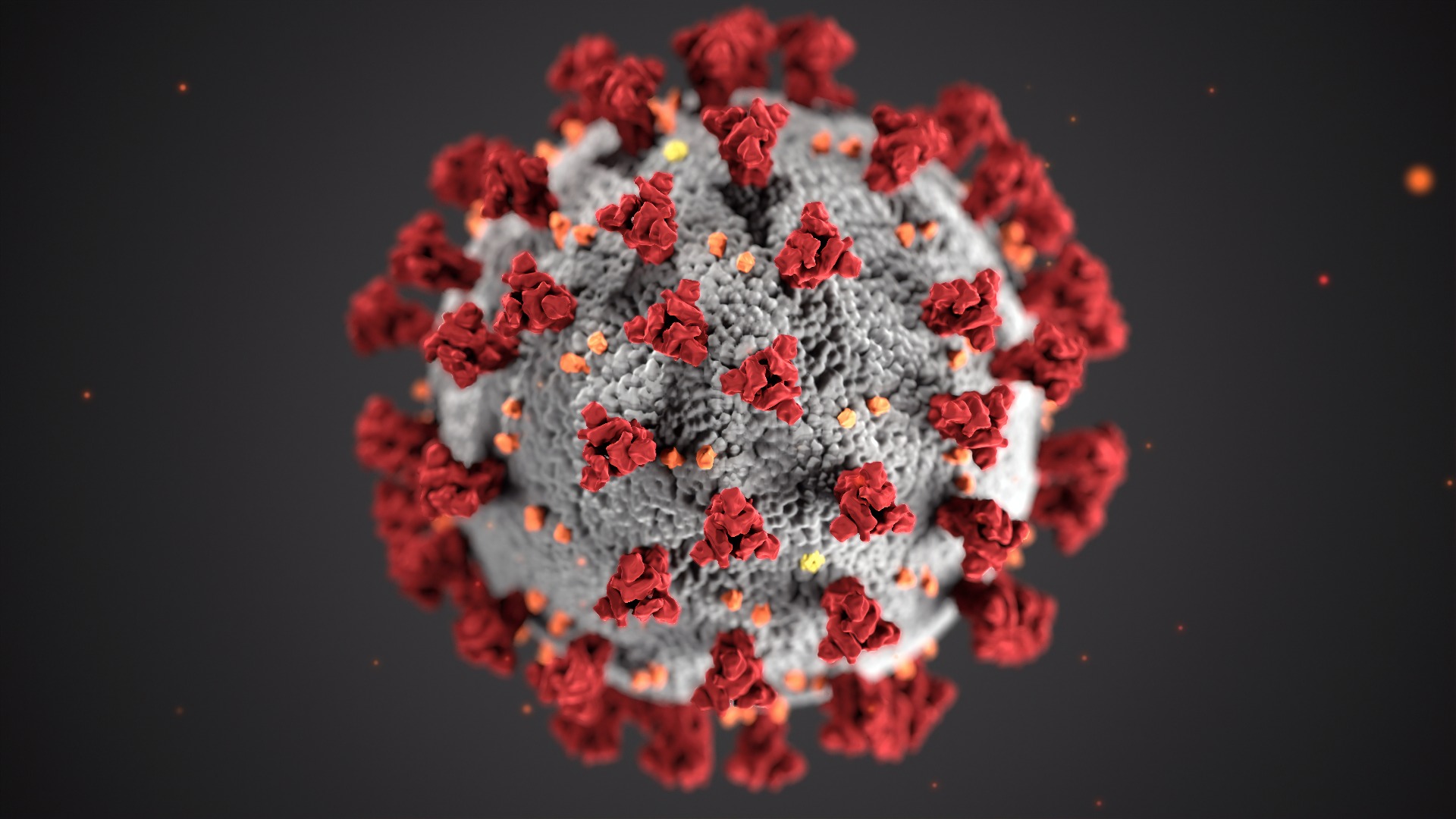How to find and participate in clinical trials in the Netherlands, as a way to support treatment development and access medicines not yet available locally.


How to find and participate in clinical trials in the Netherlands, as a way to support treatment development and access medicines not yet available locally.


The Medicine Access Masterclass is a unique overview of early medicine access options of innovative medicine which cannot be found anywhere else.

Here are some frequently asked questions and answers that touch on important COVID-19 related updates.

New analysis of Biogen’s aducanumab shows reduction in clinical decline in Alzheimer’s disease.

MN-166 (ibudilast) will be part of the Phase III clinical trial on progressive multiple sclerosis subjects with secondary progressive MS without relapses.

Phase 2 clinical trial shows that ibudilast is linked to a 48% slowing in the progression of brain atrophy compared to placebo for patients with progressive MS.

The new site-agnostic cancer medicine, Vitrakvi (larotrectinib), gets accelerated approval from the U.S. Food and Drug Administration (FDA).

CHMP's assessment supports EMA's approval of non-small cell lung cancer (NSCLC) medicine, Vizimpro (dacomitinib).

After failing to show a clear benefit over chemotherapy on its own, both the FDA and EMA do not recommend Lartruvo (olaratumab) for use in combination with chemotherapy for new STS patients.

A new biosimilar, Truxima (rituximab), shows comparable results to the reference medicine, Rituxan (rituximab), and takes FDA one step further toward expanding patient access to medicines.

Positive news for patients with early-stage FAP; results from a Portuguese study show that a liver transplant or Vyndaqel may extend survivability.

Zolgensma (onasemnogene abeparvovec-xxxx) to receive priority review by FDA as a one-time treatment of type 1 spinal muscular atrophy (SMA).

A late-stage study testing Bavencio (avelumab) has failed to meet its primary endpoints in patients with certain forms of ovarian cancer.

In an exploratory study Ocrevus (ocrelizumab) slowed down loss of function in the upper extremities for patients with primary progressive multiple sclerosis (PPMS).

 How two professors imagine a better world for stakeholders in the medical industry.
How two professors imagine a better world for stakeholders in the medical industry.
"These results offer a leap in understanding about this disease that provides a genetically based framework for designing clinical trials to develop more effective treatments of MPAL,"

"In short, it will help produce drugs where we can be far more confident about where modifications are being made, so that side effects can be minimized in the future"

Researchers report a successful classification of triple breast cancer patients, which for the first time, would allow doctors to discern between those who can be cured and those who might suffer a relapse.

"This is a great avenue of exploration, particularly for the 30 percent of children who struggle or don't make it with standard therapy."

These findings increase our understanding of how the brain is affected by Parkinson's disease...

"These findings provide a glimmer of hope for people with a form of multiple sclerosis that causes long-term disability but does not have many treatment options,"

"By laying the groundwork for more rational design and deeper understanding of focused-ultrasound-based treatment, our work could help improve treatment of any brain tumor -- primary or metastatic -- and could also revolutionize approaches to immunotherapy of tumors by improving localized delivery of tumor-killing immune cells."

"These findings of incredible mental flourishing even in the context of cancer is a wonderful testament to the resiliency of patients and an encouraging message for patients, their families and their health care providers" stated Fuller-Thomson.

"The best part is that our combined drug candidate was so much more effective than one of the most powerful cancer drugs on the market," said Jonathan Sessler

"We were thrilled to see such a dramatic change even after only a single dose of the new drug. Nearly all of the lab mice's leukemia signs disappeared overnight," said Professor Ben-Neriah.

"Our findings could provide an opportunity to improve future engineering of CAR T cells against tumors...."

"We believe we've found an approach that is most relevant to humans, in that our models of gene dysfunction mimic the etiology of Parkinson's disease rather than its pathology....

This opens up new treatment strategies for diseases that involve impairment of the body's ability to break down...

The breakthrough provides a better understanding of the individualized nature of the disease says the research team.

Lower prices negotiated and provided as part of our ongoing mission to make medicines more accessible. 